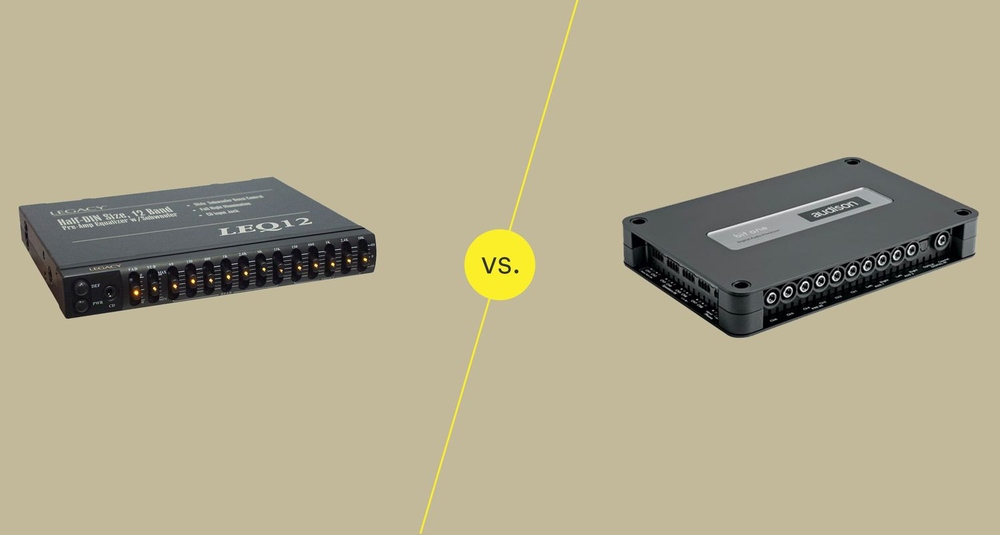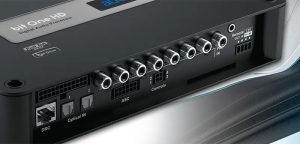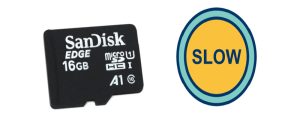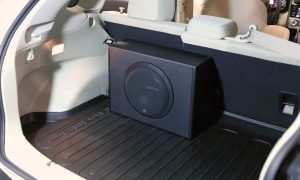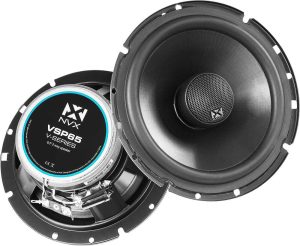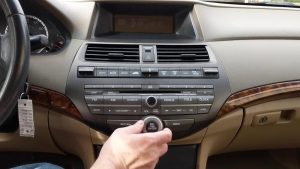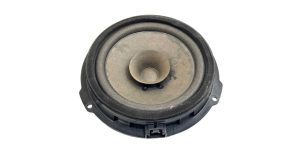When it comes to optimizing the sound quality of your car stereo system, understanding the difference between Digital Signal Processor (DSP) and equalizer technologies is crucial. These two components play a significant role in shaping the audio output in your vehicle, but they operate in distinct ways. To provide a quick overview, let’s take a look at the key differences of DSP vs equalizer in the following snapshot table:
| DSP (Digital Signal Processor) | Equalizer |
| Uses advanced digital processing algorithms to manipulate audio signals. | Adjusts specific frequency bands to tailor the sound output. |
| Offers a wide range of audio enhancements including time alignment, dynamic range compression, and bass boost. | Focuses on equalizing the frequency response curve to achieve desired tonal balance. |
| Provides more precise control over sound characteristics and can correct for room acoustics. | Allows for manual adjustment of individual frequency bands, but may not offer as extensive audio manipulation as DSP. |
| Can be more complex to set up and configure, often requiring professional installation for optimal results. | Generally easier to use and adjust, with intuitive controls for adjusting bass, midrange, and treble frequencies. |
| Tends to be more expensive due to advanced technology and features. | Often more budget-friendly and accessible for casual users. |
| Ideal for audiophiles and enthusiasts seeking high-fidelity sound reproduction and customization options. | Suitable for basic sound adjustments and fine-tuning without delving into advanced audio processing. |
Understanding these differences will help you make an informed decision when it comes to enhancing your car audio experience. Now, let’s dive deeper into the world of DSP and equalizer technologies, exploring their features, benefits, and drawbacks to help you choose the right solution for your needs.
Contents
Understanding DSP (Digital Signal Processor)
Digital Signal Processor (DSP) technology has revolutionized the way we experience sound in car audio systems. Unlike traditional analog equalizers, DSP utilizes advanced digital processing algorithms to manipulate audio signals with precision. This enables a wide range of audio enhancements, including time alignment, dynamic range compression, and bass boost, among others.
One of the key advantages of DSP is its ability to provide more precise control over sound characteristics. With features like time alignment, DSP can compensate for the delay in sound arrival from different speakers, ensuring a cohesive and immersive listening experience. Additionally, DSP can correct for room acoustics, fine-tuning the audio output to match the acoustical properties of the car interior.
In my own experience, installing a DSP system in my car significantly elevated the audio quality, delivering crisp highs, deep lows, and a balanced midrange. The ability to adjust various parameters such as crossover points, EQ settings, and time alignment allowed me to tailor the sound to my exact preferences, whether I was listening to rock music or watching a movie on the go.
However, it’s worth noting that DSP setups can be more complex to set up and configure compared to traditional equalizers. Professional installation may be required to optimize the system for your specific vehicle and audio preferences. Additionally, DSP systems tend to come with a higher price tag due to their advanced technology and features. Nevertheless, for audiophiles and enthusiasts seeking the ultimate in sound quality and customization options, DSP is often the preferred choice.
Exploring the Equalizer
Equalizers have long been a staple in car audio systems, offering users a simple yet effective way to adjust the frequency response curve and tailor the sound to their liking. Unlike DSP, which focuses on digital processing of audio signals, equalizers work by adjusting specific frequency bands to achieve the desired tonal balance.
One of the main advantages of equalizers is their simplicity and ease of use. With intuitive controls for adjusting bass, midrange, and treble frequencies, equalizers allow users to fine-tune their audio settings on the fly, without the need for specialized knowledge or professional installation. This makes them ideal for casual users looking to make basic sound adjustments without delving into complex audio processing.
In my experience, using an equalizer in my car stereo setup provided a quick and effective way to adjust the sound to suit different music genres or listening environments. Whether I was craving punchy bass for hip-hop tracks or crisp highs for classical music, the equalizer allowed me to achieve the desired sound signature with minimal effort.
However, it’s important to note that equalizers may have limitations in terms of audio manipulation compared to DSP systems. While they offer control over individual frequency bands, they may lack the advanced features and precision of DSP, such as time alignment and room correction. Additionally, equalizers may not be able to correct for room acoustics or optimize the sound for specific listening positions.
Comparing DSP vs Equalizer
Let’s take a closer look at the differences of DSP vs equalizer in a comparative table:
| DSP (Digital Signal Processor) | Equalizer |
| Uses advanced digital processing algorithms to manipulate audio signals. | Adjusts specific frequency bands to tailor the sound output. |
| Offers a wide range of audio enhancements including time alignment, dynamic range compression, and bass boost. | Focuses on equalizing the frequency response curve to achieve desired tonal balance. |
| Provides more precise control over sound characteristics and can correct for room acoustics. | Allows for manual adjustment of individual frequency bands, but may not offer as extensive audio manipulation as DSP. |
| Can be more complex to set up and configure, often requiring professional installation for optimal results. | Generally easier to use and adjust, with intuitive controls for adjusting bass, midrange, and treble frequencies. |
| Tends to be more expensive due to advanced technology and features. | Often more budget-friendly and accessible for casual users. |
| Ideal for audiophiles and enthusiasts seeking high-fidelity sound reproduction and customization options. | Suitable for basic sound adjustments and fine-tuning without delving into advanced audio processing. |
Personal Insight: Having used both DSP and equalizer in my car audio setups, I find that each has its own strengths and weaknesses. When I want precise control over sound characteristics and need to correct for room acoustics, I prefer DSP for its advanced processing capabilities. However, for quick adjustments and basic sound tuning, an equalizer does the job effectively without the complexity of DSP. It ultimately depends on your priorities and level of audio fidelity you’re aiming for in your car stereo system.
Pros and Cons:
DSP:
- Pros: Advanced audio processing capabilities, precise control over sound characteristics, correction for room acoustics.
- Cons: Complexity in setup and configuration, higher cost.
Equalizer:
- Pros: Ease of use, affordability, basic sound adjustments.
- Cons: Limited audio manipulation capabilities, may not suit audiophiles seeking extensive customization.
FAQs (Frequently Asked Questions)
Q: Which is better, DSP or equalizer?
A: It depends on your specific needs and choice. DSP offers advanced audio processing capabilities and precise control over sound characteristics, making it ideal for audiophiles seeking high-fidelity sound reproduction. On the other hand, equalizers are simpler to use and more budget-friendly, making them suitable for casual users looking for basic sound adjustments.
Q: Do I need professional installation for a DSP system?
A: While it’s not always necessary, professional installation is recommended for optimal results. A trained technician can ensure that the DSP system is properly configured and calibrated for your specific vehicle and audio preferences.
Q: Can I use both DSP and equalizer in my car stereo setup?
A: Yes, you can use both DSP and equalizer together to further fine-tune your audio settings. However, keep in mind that this may add complexity to the setup and require additional adjustments to achieve the desired sound quality.
Conclusion
In conclusion, both DSP and equalizer technologies offer unique benefits and features for enhancing the audio experience in car stereos. Whether you prioritize advanced audio processing capabilities or simplicity and ease of use, there’s a solution to suit your needs. By understanding the differences of DSP vs equalizer and considering your own preferences and priorities, you can make an informed decision to take your car audio to the next level. Remember, the ultimate goal is to enjoy your favorite music on the road, so choose the technology that best complements your listening habits and preferences.
